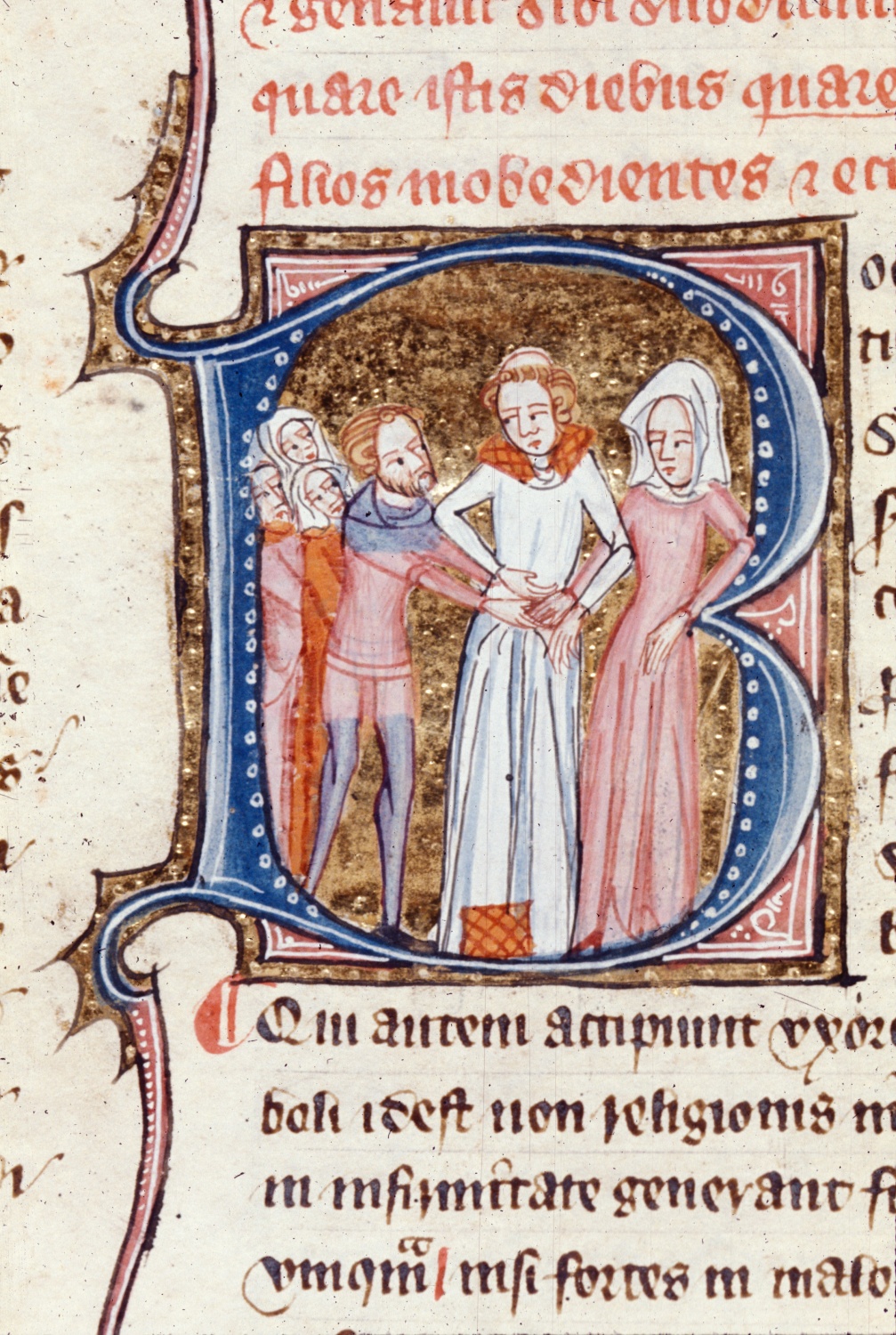 It has been years since I have posted anything within the Biblioblogosphere echo chamber. (Hello? Is anyone still reading?) But this weekend I noticed a new “service” for biblical scholars. The Expurgated Review of Biblical Literature is “a community project of the Society of the Blessed St. José Buenaventura Durruti (SBSJB).” Durruti was a Spanish anarchist and I assume the Society is a sarcastic fiction. I like that touch! The purpose of the site is to make the Society of Biblical Literature’s Review of Biblical Literature “a scholarly resource!” The first issue has been published:
It has been years since I have posted anything within the Biblioblogosphere echo chamber. (Hello? Is anyone still reading?) But this weekend I noticed a new “service” for biblical scholars. The Expurgated Review of Biblical Literature is “a community project of the Society of the Blessed St. José Buenaventura Durruti (SBSJB).” Durruti was a Spanish anarchist and I assume the Society is a sarcastic fiction. I like that touch! The purpose of the site is to make the Society of Biblical Literature’s Review of Biblical Literature “a scholarly resource!” The first issue has been published:
As a service to biblical scholars, we provide a helpful breakdown of the RBL for 20 October 2017 – between reviews of scholarship and reviews of confessional literature.
This was announced on the Annual Meeting Hotel Lobby: An Unofficial SBL/AAR Member Group by Joshua Usama Taylor. Many have voiced their support, saying it has long been a “problem in reading RBL.” Chris Tilling commented, “Because confessional and scholarly are mutually exclusive categories… *rolls eyes*. That said, this is at least addressing an issue.” I appreciated his sarcasm, but I really have to question the issue or problem that so many feel is present.
I realize this is part of a larger and deeper debate that has begun over whether or not (1) scholars who work at confessional institutions are really producing “scholarship”, (2) whether SBL should allow such institutions to advertise for jobs at SBL, and, to the point here, (3) whether RBL should include in their reviews what is here being called “confessional literature.”
I may at some point address the substance of those concerns, but for now I would rather be a “trawl.” (Not a “troll,” but a “trawl.” I admit I am setting out my net to drag the bottom for response and reaction.) What struck me about this new “tool” being provided for our scholarly community by SBSJB is that the only use it seems to be providing us is the opportunity to offload our critical thinking. The assumption is that we are either too busy (or important) to scan through the list to see what is worth reading or unable to distinguish for ourselves between “scholarship” and “confessional literature.” And here I thought a basic tenant of anarchy was independent thought. Instead we get the new nihil obstat and imprimatur of the SBSJB.
So, that’s it. I just felt a need to wade in and say, “Really?!” If we as a community of scholars has gotten to the point that we need someone else to review our reviews to protect us from confessionalism (or scholarship) Cthulhu save us all.





2 thoughts on “Cognitive Offloading in Biblical Scholarship”
I think the new “service” is really just about making an ideological or political statement rather than providing a necessary service for scholars. Its intent is to be provocative.
Exactly.